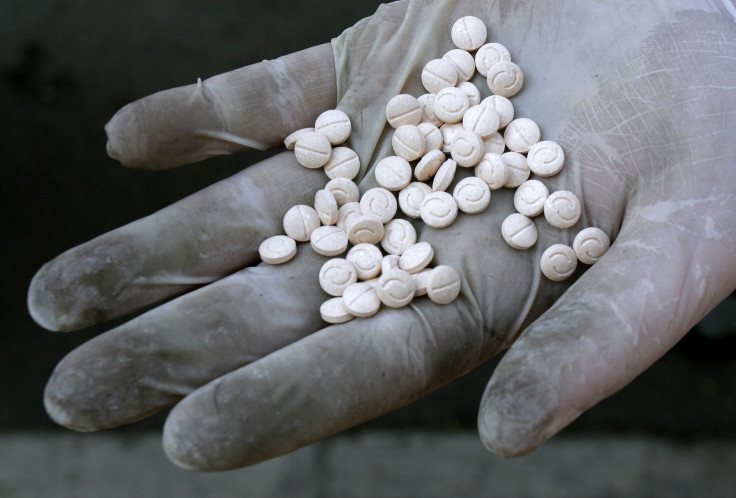Saudi Prince Arrested For Drugs In Lebanon: Royal Detained in Beirut After 2 Tons of Amphetamines Found On Private Jet

A Saudi prince has been detained after Lebanese authorities seized two tons of the amphetamine fenethylline before it was loaded onto a private jet taking off from the Beirut airport, the Associated Press reported. A Lebanese official speaking on condition of anonymity told the Associated Press that the prince and four others were detained Monday, although none of the four have been identified. The seizure was one of the largest fenethylline busts yet, according to Lebanon's official National News Agency.
The smugglers had been attempting to haul 40 bags of the drug aboard the flight to Riyadh, Saudi Arabia. Fenethylline pills, also known by their street name Captagon, are widely consumed in the Middle East and consist of amphetamine and caffeine.
Captagon was first introduced in the 1960s as a treatment for hyperactivity, narcolepsy and depression, but it was banned by most countries in the 1980s due to its addictive nature. The pills are cheap and easy to produce and create typical stimulant effects, Lebanese psychiatrist Ramzi Haddad told Reuters.
"It gives you a kind of euphoria. You're talkative, you don't sleep, you don't eat, you're energetic," he said.
In a 2014 report, the United Nations' Office of Drugs and Crime said the Middle East and southwest Asia had a growing amphetamine market, particularly in Saudi Arabia, Jordan and Syria, with seizures in 2012 constituting more than half of amphetamines seized around the world.
Since 2013, Syria has helped fuel its civil war with amphetamines and has become a major exporter and consumer, Reuters reported. Syria is thought to have made hundreds of millions of dollars in annual revenue from stimulants such as Captagon, potentially funding weapons and helping soldiers keep energized during battle. Both government and rebel forces have accused each other of using Captagon to stay awake during prolonged periods of combat.
© Copyright IBTimes 2025. All rights reserved.




















